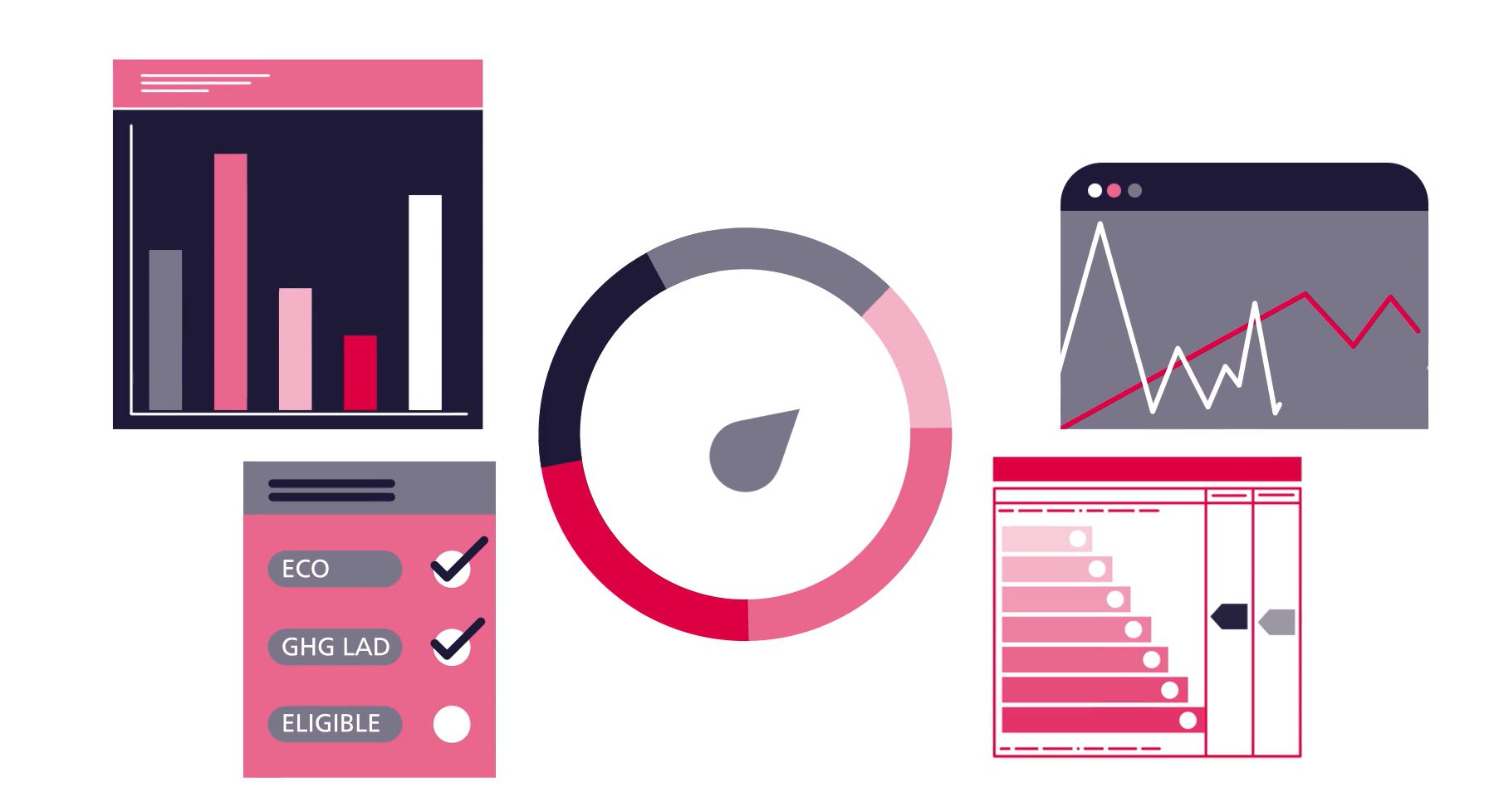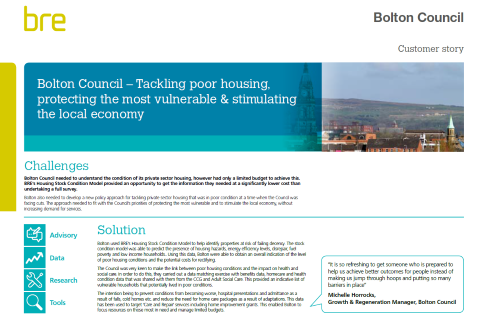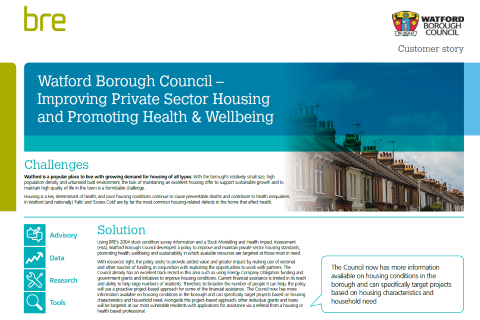We support central and local governments to assess the condition and performance of their whole housing stock. With more than 40 years’ experience in supporting the delivery of national housing surveys, we have access to an extraordinary range of data, and wide experience of surveying and statistically modelling housing stocks.
- Local Government Data and Insights Services
- CONSULTANCY
- Private rented sector licensing analysis
- Private rented sector identification
- Improvement Scenario modelling
- HIA (Health Impact Assessment)
- Retrofit, Net Zero carbon and bespoke advice
- TOOLS
- HSCD – Data Delivery Tool
- HHCC – Housing Health Cost Calculator
- XCC – Excess Cold Calculator
- Case Studies
- Contacts
This allows us to provide services to:
Local authorities: private sector housing
– Support the local authority’s statutory obligation to regularly review the condition of its housing stock to inform housing strategies and tackle poor housing and fuel poverty.
Local authorities: energy and climate change
– Determine baseline energy efficiency and carbon emission levels, whilst assessing the potential impact that a range of improvements (including renewables) could have on dwellings and the whole stock. Supporting retrofit strategies and decarbonisation.
Local authorities: public health
– Quantify the impact and links between poor housing and the health and wellbeing of occupants, through our Health Impact Assessment. Based on the Cost of Poor Housing methodology.
Central government
– Examine the practicalities, costs and impacts of proposed housing strategies on government targets. This can include establishing the level and locations of a particular problem – such as fuel poverty – and the actions most likely to effectively tackle that problem.
Social housing providers
– Offer information needed to assess repair, maintenance and improvement plans. For example, how will installing cavity wall insulation reduce energy use and the likely fuel bill savings for tenants?
Housing stock models and data services
Data is key to maintaining a strategic understanding of the housing stock and effectively targeting resources to where they are needed most.
Initially developed as an efficient alternative to resource-intensive physical survey techniques, our stock modelling approach, using a variety of data sources and statistical techniques, has been developed by BRE since 2003. Our stock models predict the likelihood of dwellings meeting criterion covering housing standards, energy efficiency and household insights. Enabling an approach to target interventions towards improving housing, decarbonisation through retrofit, focusing investment of energy efficiency schemes, tackling fuel poverty and improving occupancy health and wellbeing.
The data and insights support organisations to address government policy objectives. The use of integrated lodged EPC data determines if private rented properties meet the Minimum Energy Efficiency Standards.
Understanding the geographical distribution of the data is made possible with our interactive maps. Enabling you to identify areas for targeted engagement efforts.
All of our data and mapping capabilities are delivered in our Housing Stock Condition Database – HSCD. A detailed report summarising the results and methodology is also provided. This offers the relevant narrative at a strategic level, to enable you to make informed, data-driven decisions.
Consultancy
Alongside your BRE Housing Stock Model, we offer various consultancy options. Whilst the options below are those most popular, we can accommodate a range of bespoke consultancy needs.
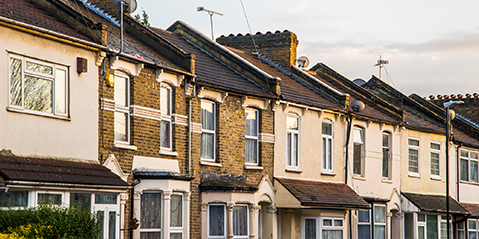
Private rented sector licensing analysis
In areas where there are high levels of private rented properties, you may be thinking about further private rented sector regulation such as designating certain areas under a Selective Licensing or Additional HMO Licensing scheme. Our analysis helps inform an independent evidence base for these schemes to support your data-driven decisions.
What do we provide clients?
– Information on the private rented housing stock, property condition, deprivation and anti-social behaviour
– Area-based approach to distribution of poor condition, deprivation and where this coincides with high proportions of private rented dwellings
– Understand the likely location and condition of Houses in Multiple Occupation
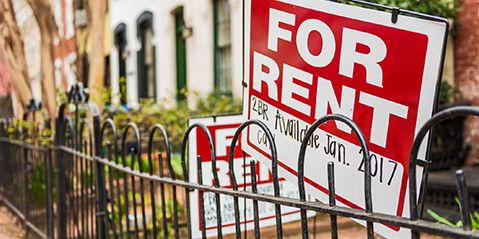
Private rented sector identification
Understanding the private rented stock in your area can be instrumental to informing strategies to improve these dwellings and tackle issues, yet there is little in the way of definitive information on which properties are rented. This analysis assists with the identification of private rented properties using a range of data sources and innovative techniques.
What do we provide clients?
– Representative borough-wide sample used to inform tenure distribution
– Whole-ward level analysis for wards with known high levels of private rented stock
– Improved accuracy in identifying private rented sector dwellings across the area
– Improved intelligence across the private rented sector

Improvement scenario modelling
To help you on your road to net zero we offer strategic level analysis of various dwelling-level improvement scenarios. These examine the potential savings achieved from improving energy efficiency through various combinations of measures.
What do we provide clients?
– Estimated carbon, energy and cost savings
– Insights to support strategic planning of dwelling-level energy improvements
– Ability to identify potential quick wins for targeting investments

HIA – health impact assessment
Based on the BRE “Real Cost of Poor Housing” research and the BRE Housing Stock Model, the HIA facilitates the understanding of the impact of poor housing conditions on the health of the occupiers.
What do we provide clients? A detailed report covering:
– Assessment of HHSRS hazards
– Estimated effects on occupant health
– Cost of interventions to remedy hazards
– Health cost benefit analysis of interventions including savings to the NHS and society
Strategic advisory
We work with national and local government, commercial and not-for-profit organisations to address defining challenges in the built environment: net zero, decarbonisation, climate change, energy efficiency, resource efficiency, health and wellbeing, circular economy, renewable energy, retrofit.
What do we provide clients?
– Strategic support and insight to public and private clients on the design and delivery of low carbon energy transition
– Become more sustainable through your products, built assets and supply chain supporting ESG assessment and reporting
– Holistic strategies and implementation plan beyond net zero
– Help make your property, infrastructure, communities and/or services resilient to the emerging issues of the built environment

Tools
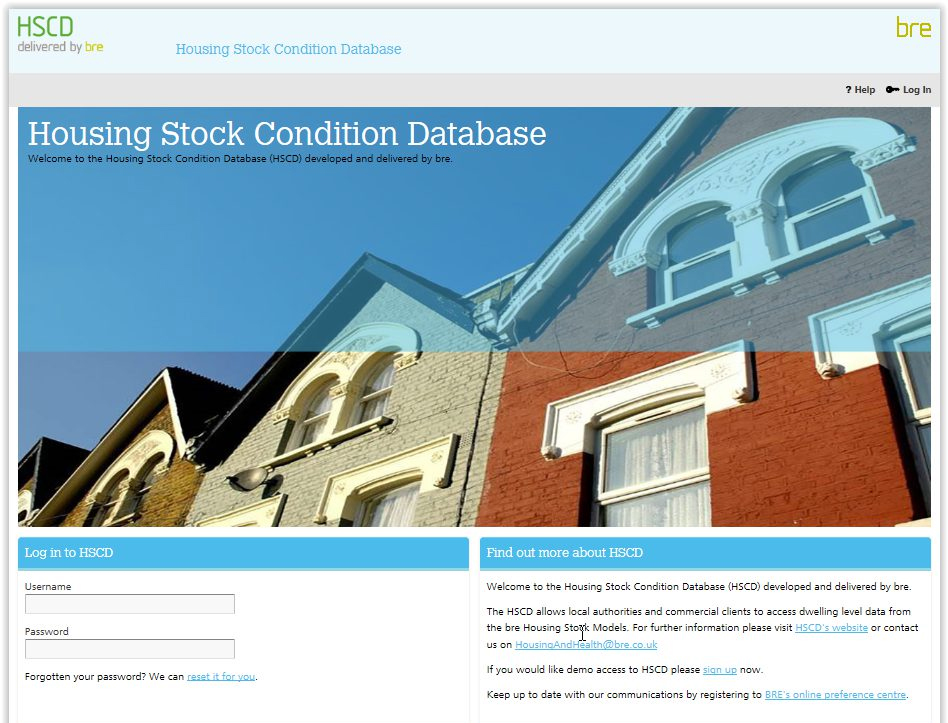
HSCD – data delivery tool
– Cloud based delivery of all dwelling-level data
– Summarise and query data by tenure and geographical level
– Create interactive maps
– Cross-reference variables
– Ability to update dwelling data
– EPC lodgement data integration
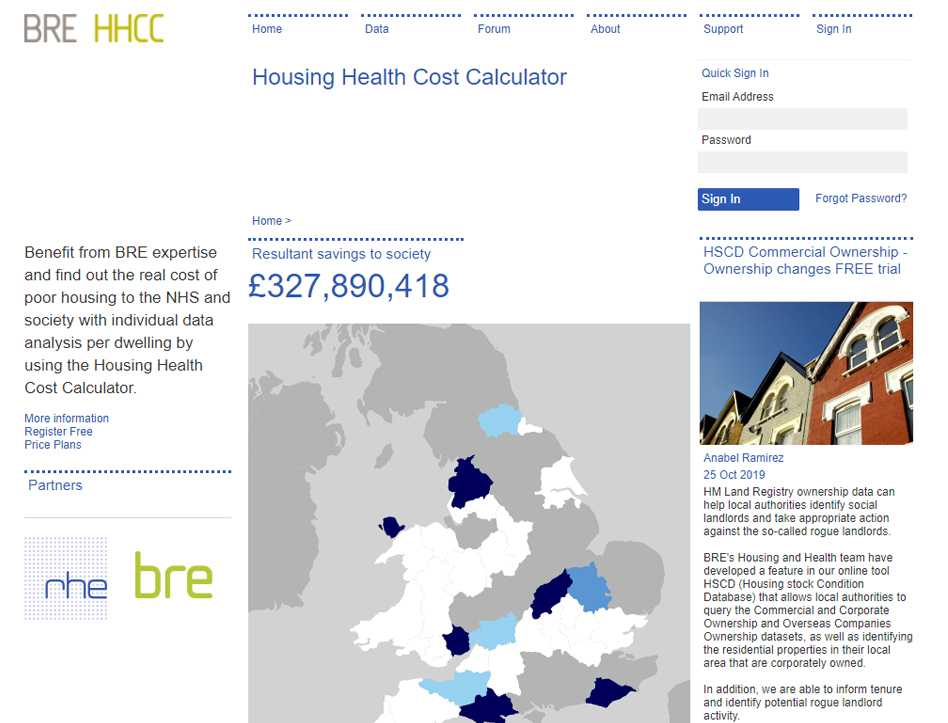
HHCC – housing health cost calculator
– Quantifies the health cost benefits of housing improvements, to the NHS and wider society
– Methodology based on “The Real Cost of Poor Housing” publication
– Upload improvements to individual dwellings
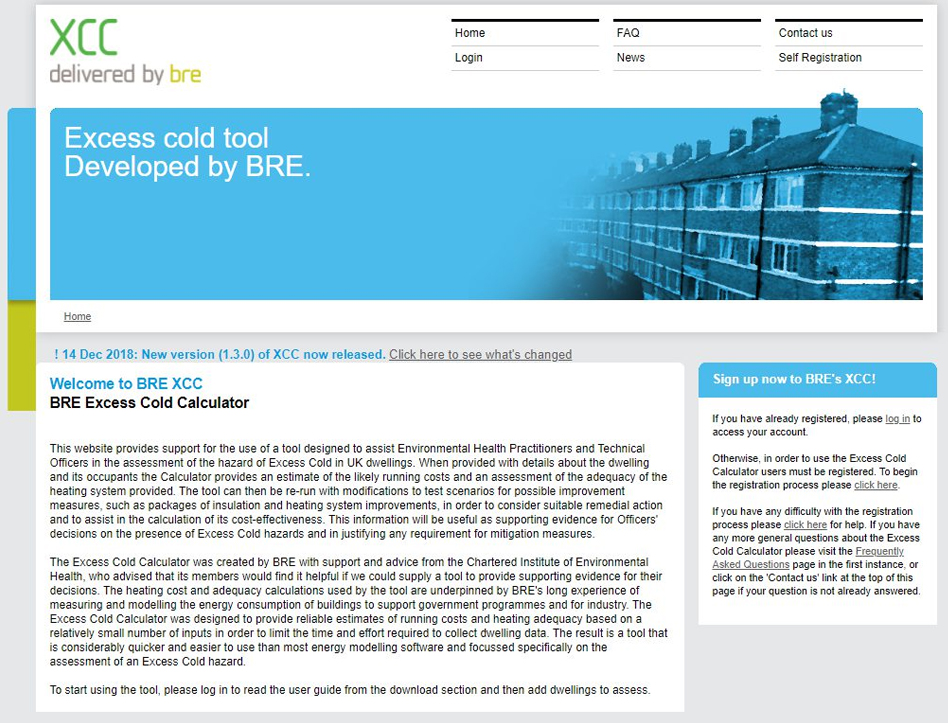
XCC – excess cold calculator
– Supports Excess Cold assessment in dwellings
– Justifies mitigation measures
– Can test various improvement scenarios
– Provides RPT hearings’ evidence
– Offers heat loss calculator to assist with heating specifications
Train with BRE Academy
The BRE Academy is the leading training provider for individuals and businesses for the built environment. Start your journey to a safer & greener housing.

European passive house designer
Virtual classroom course | BRE Academy
This 5-day online virtual classroom training course helps learners to achieve the Certified European Passive House qualification.

Domestic retrofit
Online course | BRE Academy
The domestic retrofit training course consists of six 20-30-minute modules to raise awareness of key technical refurbishment topics.
For more information about local government data and insights services
Call us on +443333218811 or use the online form:

